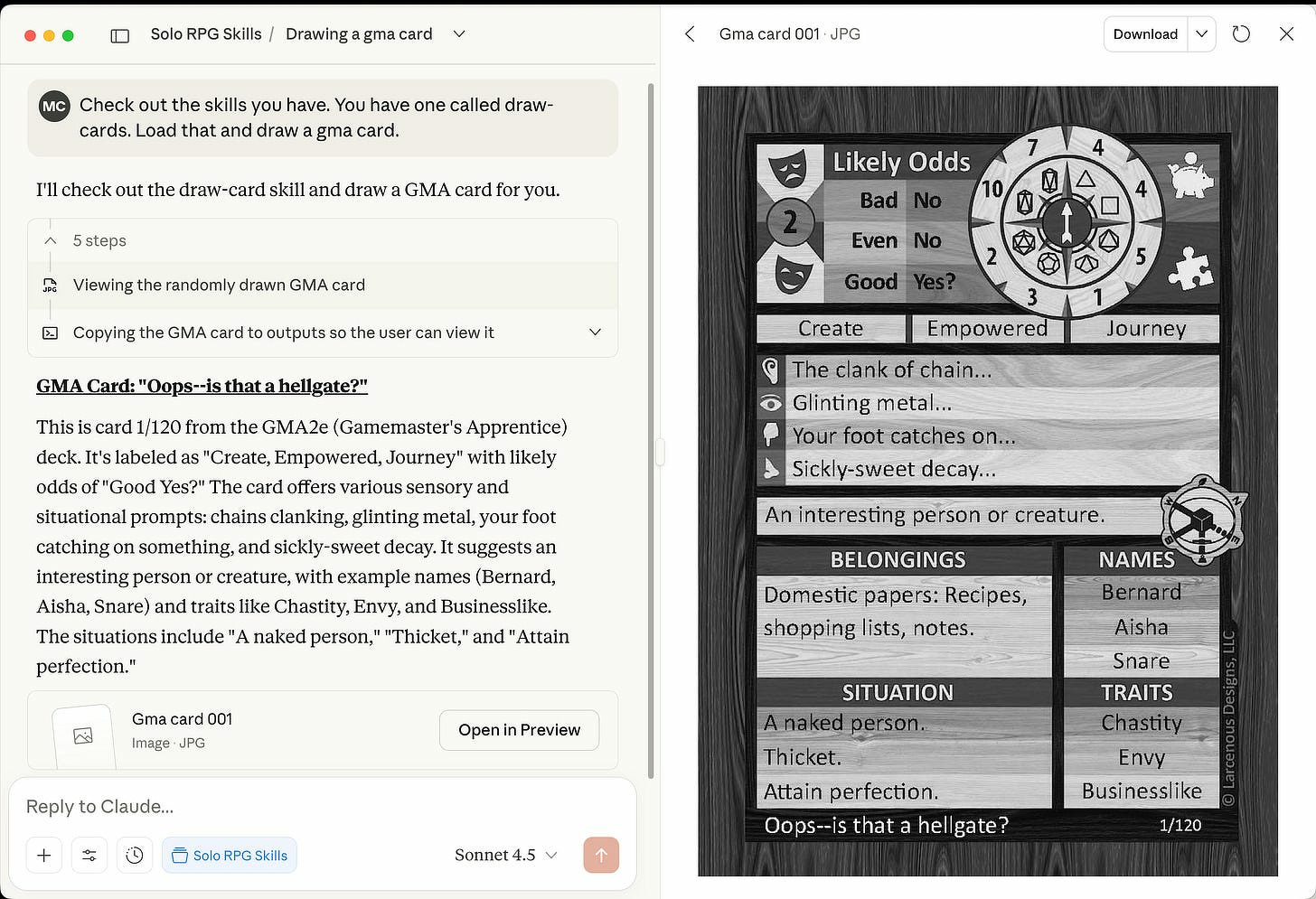Here’s my talk from Cloud Foundry Day. It’s four stories of large organizations using Cloud Foundry:
Three are banks, and one is a German tax accountant and back-office SaaS. I start talking about the value of case studies for enterprise software. The opening keynote was from the German police, the Bundeskriminalamt (BKA).
We used to have a lot of case studiess in the Cloud Foundry world and interest in PaaS in general, but that dropped off during The Great Kubernetes Distraction of the 2020’s.1 It’s time to bring those stories back because there are so many of them.
Cloud Foundry is used in really big organizations to run really important workloads. And, as the case studies go over, the efficiency numbers are astounding (a handful of operations people can support hundreds, sometimes thousands of applications), it’s stable, and developers have very good developers experience and the ability to deploy weekly, if not dealy.
In summary, everything you want to do with a “platform” can be done with Cloud Foundry. This is especially true for “private cloud.” What’s astonishing is that many large organizations already have Cloud Foundry installed, paid for, and available. The rest of those large organizations could get it setup pretty quickly. You can even try a 90 day trial of Cloud Foundry to test that claim out.
The industry is re-inventing PaaS and Cloud Foundry, wasting a lot of time and money again building a platform.
My theory is that AI app build outs will drive a new interest in application development - the type we saw in the digital transformation 2010’s. You see people like Anthropic figuring out PaaS like things with Claude Skills.2
AI, mostly chat apps, are a new type of user interface, and new interfaces usually drive loads of new applications, which drives new interest in platforms.
Cloud Foundry is perfect for that kind of platform. It’s built around the notion of speeding up the application lifecycle by standardizing ops, and removing developer toil.
Hopefully we in the Cloud Foundry community can get our marketing act together to get people interested in it again. I went over part one of my recommendations at the previous Cloud Foundry Day, and you can check out part two in the recent talk.
Relevant to your interests
Real-world gen AI use cases from the world’s leading organizations -
Age and gender distortion in online media and large language models - “Despite there being no systematic age differences between women and men in the workforce according to the US Census, we found that women are represented as younger than men across occupations and social roles in nearly 1.4 million images and videos from Google, Wikipedia, IMDb, Flickr and YouTube, as well as in nine language models trained on billions of words from the internet.”
AI videos of dead celebrities are horrifying many of their families - ‘allowing for controversial yet eye-catching content like AI celebrities, OpenAI is borrowing from a playbook perfected by social media companies such as Meta: Do whatever it takes to get users on the app and ask forgiveness later, said Thales Teixeira, a business professor at the University of California at San Diego. “First you grow, and then you try to solve the problems,” he said.”’ // Norms arbitrage and breaking the law is a standard business innovation for tech startups.
Generative AI’s Productivity Myth - Another round-up of the AI skeptic studies and surveys.
Good Morning & Good Luck - “All of my news was filtered through AI.”
The cloister & the starship - A little too ad hominem, but feels right from a critical stance: ”All my misgivings about AI really are to do with the fact that it’s owned by a group of people that I don’t trust at all. I don’t trust their taste, I don’t trust their morals, and I don’t trust their politics, and that’s a problem for me—that the whole technology is in the hands of the wrong people.”
🤖 The RAG Obituary: Killed by Agents, Buried by Context Windows - A deep dive into why retrieval-augmented generation is collapsing under complexity as agentic search and massive context windows redefine AI search.
The Index and the Vector - Good, brief explanation of how vector searches work. And it’s in the art history and criticism domain.
Ellison’s AI vision for Oracle - robot surgeons meet enterprise data reality - One guy’s pitch for a full-stack, private cloud AI platform.
Becoming an AI-first business requires a total organizational mindshift - I am not a fan of the “you must make huge changes to take advantage of this new technology.” If you make huge changes to how your under performing business works, there’s a good chance you’ll improve things. That applies whether you introduce a new tool - like AI - or not. Just changing how you run meetings for example is a big enough change that could have massive effects. You could say the same thing for introducing Extreme Programming, a lean mindset, DevOps. // The value of enterprise technology is inversely proportional to how little you need to change the “culture.”
Dreamforce 25 - how AI voice technology will give City of Kyle residents 24/7 phone support - Using an AI chat desk to augment the support desk for a Us county. This seems like a basic packaging of AI stuff that you could sell to thousands of places. It probably also exposes the redundancy and waste on the US Federalist system. E.g., does every county and city need different bulk trash pickup processes and PDF overviews?
The Right Mental Model For Agentic AI - AI agents as skills.
Build Vs. Buy: Regaining Control To Deliver Digital Workplace Value - This is good framing and wording: “Reexamine your ecosystem and identify where ‘buy’ delivers scale and where selective ‘build’ unlocks advantage.”
Why B2B marketers are doubling down on events in 2026 - “What drives investment in third-party events: High-quality lead generation (67%). Credibility through association with analysts or peers (63%) Expansion into new accounts or buying centers (47%)”
Plot Unfolding Machine PDF V9 Release! - For solo role playing people. After Mythic, PUM is the most fleshed out system. It has a different style and philosophy of play that I can never put my finger on.
Netherlandish Proverbs, Pieter Bruegel the Elder - Clickable proverbs.

Wastebook
“a giant turd of text” Oracle - ‘Generic AI stops at 60%, industry expertise is the missing 40%’
“the flying car of the mind” AI is the flying car of the mind: Irresistible, impractical
Every culture with a weird thing thinks they’re the only one with the weird thing.
“It is generic and all the same personalized, the Big Mac without the onions.” defining slop
“The context window is a public good.” Skill authoring best practices - Claude Docs
Logoff
No conferences for the rest of the year, just one trip.
Also, I should mention: we interviewed Manton on Software Defined Interviews. He’s a delight, and runs the service that runs my blog.

Since they came out on Friday, I’ve been playing around with Claude Agent Skills.3 They are amazing for people like me: someone who can barely code and can do almost zero of the “toil” around applications.
That toil is basic things like knowing how to setup new projects, figure out runtimes like node and even Java - I’m baffled by how many steps it takes to just check in git files. And how do you arrange a TypeScript project? Spring Boot is great in this respect: it has strong opinions about all of that build time stuff and you truly do just spend time coding. I suspect Node/JavaScript and TypeScript are like that too: I just don’t know the conventions.
These skills are so easy, though. I’ll write more about them, but you can see two of my skills in this Bluesky thread, with links to the GitHb repos.
The Kubernetes thought-leaders frequently commented on Kubernetes not being a platform for many years: Kubernetes is a platform for building platforms; everyone wants a PaaS, they just insist on building it themselves; make sure you really need Kubernetes, because you probably don’t; and, we never intended for developers to see all that yaml. Despite that, the industry as a whole seems to have thought of Kubernetes like it was a PaaS.
You bundle up an application, with actual code, upload it to Claude which sticks it in a VM/container and runs it. That is exactly a PaaS, and how Cloud Foundry thinks of the world, just with buildpacks instead of a zip file with a SKILL.md file.